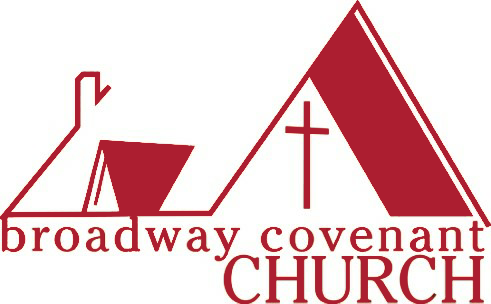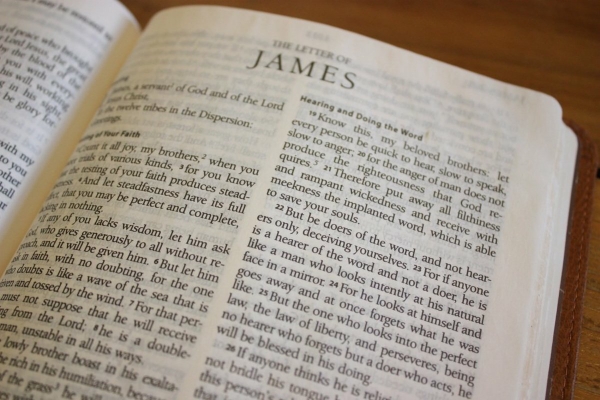James 2:5-9
Listen to me, dear brothers and sisters. Hasn’t God chosen the poor in this world to be rich in faith? Aren’t they the ones who will inherit the Kingdom he promised to those who love him? But you dishonor the poor! Isn’t it the rich who oppress you and drag you into court? Aren’t they the ones who slander Jesus Christ, whose noble name you bear?
Yes indeed, it is good when you obey the royal law as found in the Scriptures: “Love your neighbor as yourself.” But if you favor some people over others, you are committing a sin. You are guilty of breaking the law.
How can it be wrong to do something nice? Well, sometimes we are tempted to treat certain people with extra care or kindness, while not extending the same generosity to others. When that type of special treatment is offered to people based on their financial standing or appearance it’s a type of favoritism that James calls a sin. So, while it’s never wrong to be kind, it is wrong to limit your kindness to certain people and it’s definitely wrong to withhold kindness from others.
James points us to the “royal law” which we often attribute to Jesus. In fact, “Love your neighbor as yourself” originated in the Old Testament law (Leviticus 19:18). Jesus called this command the second most important law of all (Mark 12:29-31), and he told the Parable of the Good Samaritan to illustrate how we should live it out. James may have had Jesus’ story in mind as he exhorted his readers to consider their treatment of poor people versus rich people. In Jesus’ parable, those who were considered spiritually upright and morally responsible failed to show love to someone in need, while a Samaritan went out of his way to care for an injured man. Samaritans were often discriminated against and treated with contempt, but Jesus made a Samaritan the hero of his story to make the same point James does. We can’t pick and choose who to love and who to ignore. We can’t play favorites with compassion. We can’t let prejudice color our treatment of people in the church or in the community around us. Following Jesus’ example means loving our neighbors, and He taught us that our neighborhood includes everyone we come in contact with.
Let’s also not ignore James’ statement that God has “chosen the poor in this world to be rich in faith.” That idea may make us uncomfortable, as though God plays favorites through some twist of financial and spiritual fortunes. Instead, James is reminding us that material things can be barriers to our relationship with God. People with limited financial means feel their need for God more acutely than do wealthy people. Jesus made the same point when He talked about a camel going through the eye of a needle (Mark 10:25). It can be hard for “the rich” to admit their need for God, and whether we feel wealthy or poor, there are lots of things we could choose to trust rather than turning to God in faith. Just as we need to love all people without showing favoritism, we should also admit that we are just as needy and desperate for God’s grace as everyone else in this world.
Gracious Lord, Your love is perfect and pure. Teach me to love the way You do. Show me my own needs and give me compassion for the needs of others. I pray through Jesus my Savior. Amen.
____________________________
Pastor Mike Mirakian


